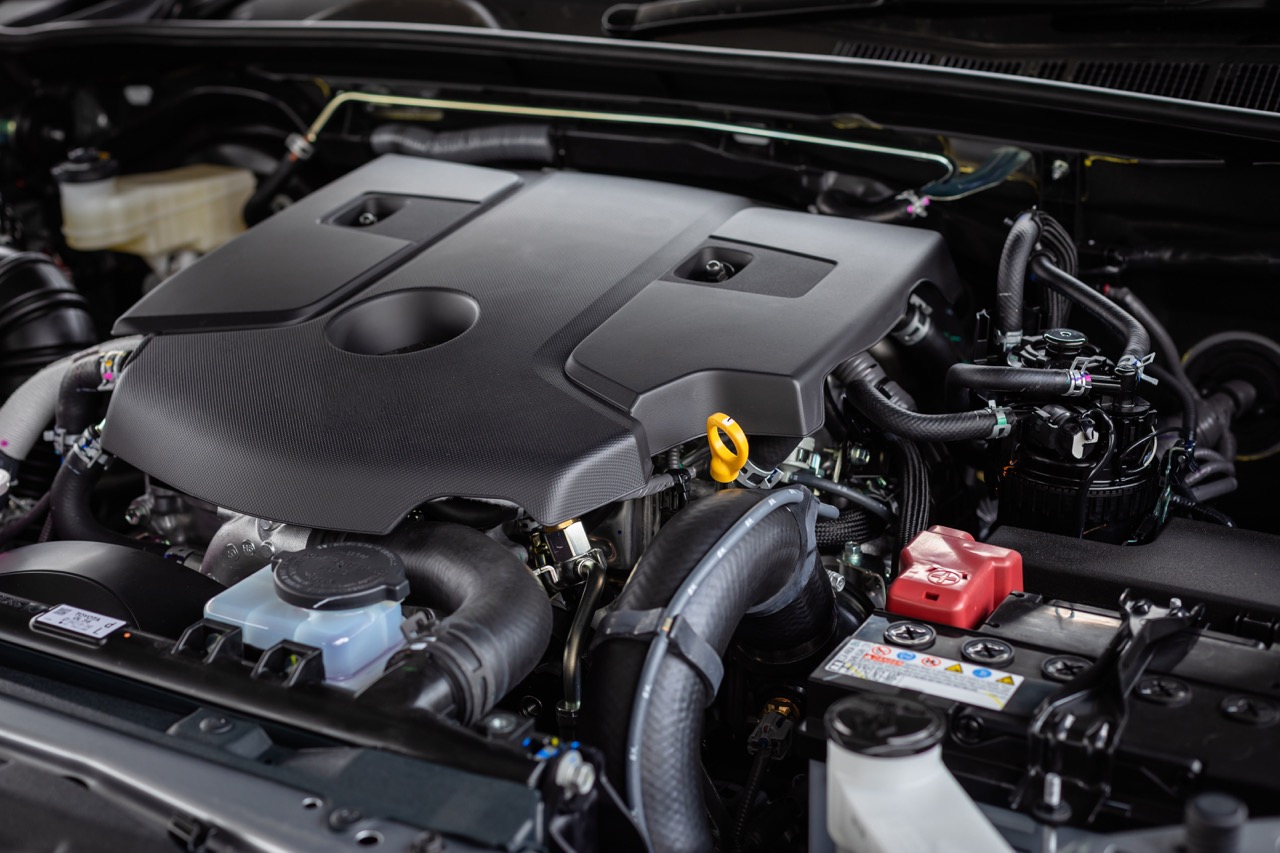
Even with regular engine maintenance, you may still find yourself in need of repairing or replacing it. So, what should you keep an eye on to help avoid needing to invest in the heart of your vehicle?
DETONATION
If your engine is misfiring or experiencing what’s known as abnormal combustion, you run the risk of ruining the engine. The engine block itself could crack, or parts of the engine could melt due to the detonation.
If you hear knocking from your engine, get it checked out by the experts at Master Muffler West Valley. You may need some minor auto repairs to prevent needing a new engine in the future.
You can prevent improper detonation in your vehicle by using the right fuel octane, keeping your spark plugs in good working order, and avoiding overheating your engine.
LACK OF LUBRICATION
If you use the wrong motor oil or allow the reservoir to get too low, you can cause engine failure. If you go too long between oil changes, the engine isn’t lubricated as well as it needs to be to function safely and efficiently.
With all the moving parts in an engine, as well as the intense heat, proper lubrication is essential. You should also be sure to change out the oil filter as well as the oil itself to keep your car running smoothly. Don’t know what type of motor oil you should use? Ask the West Valley car repair team to help you purchase the right rating for your vehicle.
OVERHEATING
An overheating engine is an unhappy one. Neglecting to take care of the engine’s cooling system can lead to irreparable damage. Common causes for overheating in your vehicle include:
- Faulty hoses
- Faulty cooling fan
- Faulty water pump
- Faulty thermostat
- Coolant leak
Keep an eye on your vehicle’s temperature gauge on the dashboard to ensure you’re operating in the proper window. If your car shows signs of overheating, such as the gauge reaching the red or the engine smoking, pull over immediately and call for assistance.
Should I Rebuild or Replace My Engine?
If for whatever reason your engine is toast, you may be wondering if you should rebuild it, replace it, or purchase a new vehicle. Let’s look at the argument for all three options.
REBUILDING AN ENGINE
Did you know it’s considered preventative maintenance to rebuild a diesel engine? In working vehicles (such as trucks) a rebuild can preserve the life of your vehicle for years to come.
For commuter vehicles or regular passenger cars, a rebuild is often the last resort after an engine has failed. It could be as simple as replacing one integral part, to regain function, or it could mean introducing several replacement parts.
Engine replacement or overhaul kits can be purchased from vehicle manufacturers to include some of the parts that commonly need to be swapped out.
- Connecting rods
- Cylinder head hardware
- EGR valves
- Gaskets
- Oil pressure regulators
- Pins
- Pistons
- Rings
- Skirts
- Thermostats
- Valve-train components
You can also custom-order replacement parts so you’re only paying for what you need to rebuild your engine. Always do so from reputable sellers, however, to avoid purchasing replacement parts that don’t meet safety and performance standards designed to ensure quality. You want your rebuilt engine to work “as good as new,” and the parts used will steer you toward that outcome.
Rebuilding or refurbishing an existing engine is usually cheaper than replacing it entirely.
REPLACING AN ENGINE
Maybe you’re not ready to purchase a new car because your current one is sound with the exception of the engine. Sometimes replacing an engine as a whole can double the life of your vehicle, which is a financially appealing option.
Another reason a person might consider replacing their engine as opposed to purchasing a new car is to avoid paying taxes and registration fees on an entirely new vehicle. Simply fixing up the one you have can amount to substantial savings.
You also don’t have to wait until the engine fails to replace it. As mentioned with diesel vehicles, sometimes replacing it before it needs significant repairs can give new life to the vehicle for hundreds of thousands of miles.
PURCHASING A NEW VEHICLE
Used or new, it may be better for your wallet to ditch your current car and replace it with another. Factor in the time a rebuild or replacement will take, and use that to determine if purchasing a new/used car is better financially.
Renting a vehicle while yours is in the shop, or paying out of pocket if you don’t have a warranty on your vehicle can add up to more than your busted car is worth. Sometimes trading it in or parting it out is the easiest and most economical choice.
If you have questions about auto care, contact West Valley Master Muffler today. Give us a call at (801) 416-3972 or submit your request online HERE.
Related Posts
Key Takeaways On average, passenger vehicle tires last 40,000 to 60,000 miles, depending on type, driving habits, and maintenance. Replace tires when tread depth reaches 2/32”, if damaged, or older than 10 years. Regular rotation, alignment, and proper inflation extend tire life. Aggressive driving, poor roads, and harsh weather shorten tire lifespan. Take advantage [...]
When you think about car maintenance, you probably focus on oil changes, tire rotations, and maybe even brake pad replacement. But what about your brake fluid? If you’ve ever wondered, “What does brake fluid do?” or “Why is brake fluid important?”, you’re not alone. Brake fluid might not be the most talked-about part of [...]
Is that high-pitched squeal from your brakes driving you—and everyone else—crazy? Don’t ignore it. Squeaky brakes aren’t just annoying, they’re your car’s way of saying something needs attention. Whether you're cruising through Salt Lake City or winding up Idaho’s mountain passes, here’s what’s likely going on, how you can fix it, and when it [...]





